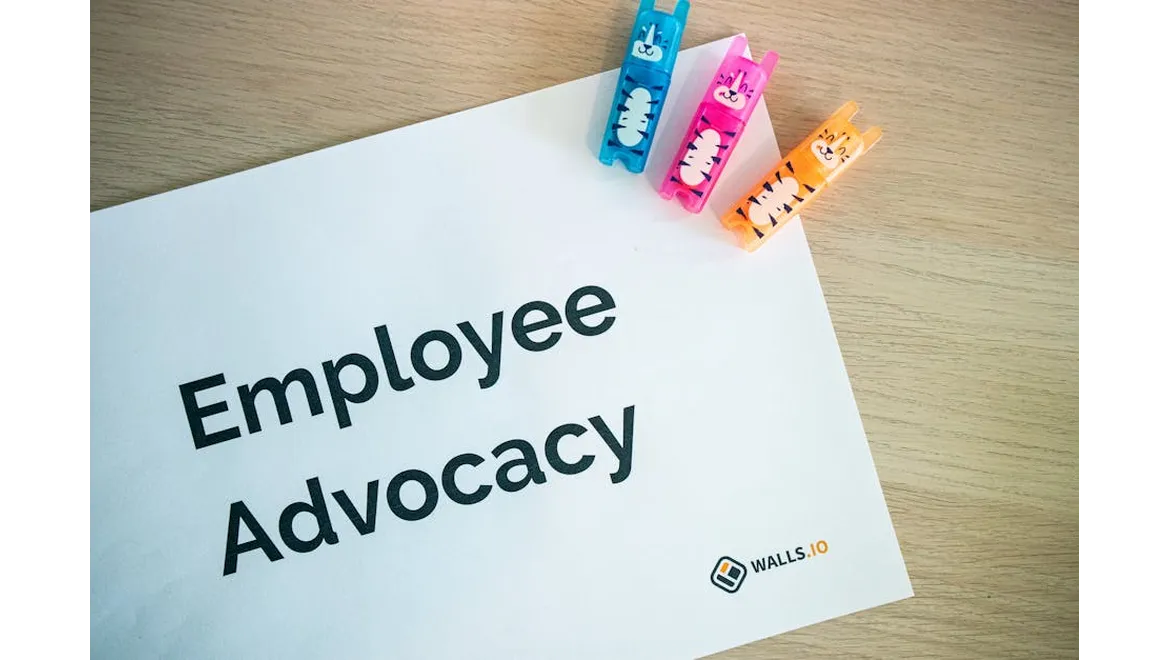Right, let’s talk LinkedIn. We all know it’s important, but are we truly leveraging its power, especially when it comes to generating new business? I’ve spent the last few months diving deep into innovative ways to use the platform, and one tactic, in particular, has really stood out: Skill Endorsements. Sounds simple, doesn’t it? But trust me, when implemented strategically, it can be a game-changer for employee advocacy and business development. Let me walk you through my experiences.
Building Bridges with Endorsements: More Than Just a Click
Initially, I thought skill endorsements were just a vanity metric. You click a button, someone gets a notification, and… that’s it? I was wrong. The key is how you’re endorsing. Think of it as a subtle, yet powerful, way to initiate contact and demonstrate your (and your company’s) understanding of a prospect’s expertise.
Here’s how we started: First, we identified our target audience. This wasn’t just a broad industry sector; we got granular. We looked at job titles, company size, even specific projects they’d been involved in. Then, armed with this knowledge, our team started strategically endorsing relevant skills of key prospects. The trick is to be genuine. If someone genuinely excels in project management, endorse that. If their profile highlights expertise in a specific software, validate it.
We also provided our team with a simple framework:
- Research the Prospect: Briefly review their profile, recent activity, and any articles they’ve shared.
- Identify Relevant Skills: Choose skills that genuinely align with their experience and your company’s expertise.
- Endorse Thoughtfully: Avoid just clicking everything. Select the top 3-5 skills that are most relevant.
- Monitor the Response: Keep an eye on whether they engage with the endorsement (e.g., view your profile, connect).
Employee Advocacy: Amplifying Your Brand’s Voice
This brings me to the crux of it: Employee Advocacy. We realised that by training our employees to strategically endorse skills, we were effectively transforming them into brand ambassadors. Imagine your sales team, not just cold-calling, but actively engaging with potential clients by acknowledging their skills and expertise. It’s a far warmer, more human approach.
To make this work, you need an Employee Advocacy Program. Ours involved:
- Training: We held workshops to explain the strategy, best practices for LinkedIn engagement, and the importance of authenticity.
- Pre-Approved Content: We provided employees with articles, insights, and company updates they could easily share. This ensured brand consistency and reduced the workload on individual employees.
- Incentives: We introduced a gamified element, awarding points for endorsements, shares, and engagement. This kept the team motivated and ensured consistent participation.
- Tracking and Measurement: Crucially, we tracked the impact of the program, monitoring engagement rates, lead generation, and overall brand reach.
Understanding Engagement and Tailoring Your Approach
Of course, endorsements are only the first step. The real magic happens when you use that initial connection to start a conversation. But, and this is crucial, don’t jump straight into a sales pitch. It’s all about building a relationship.
For instance, if a prospect thanks you for the endorsement, respond with a genuine comment about their work or a relevant article they might find interesting. Show them that you’ve actually looked at their profile and understand their expertise. This is where understanding your target audience truly pays off. Tailor your engagement to their specific interests and needs.
Showcasing Expertise and Attracting Clients
The benefits of this approach are twofold. Firstly, by endorsing skills, your employees are actively showcasing their own industry knowledge and expertise. This, in turn, attracts potential clients who are looking for specialists in that field. Secondly, it generates positive brand awareness. When your employees are actively engaging with prospects in a helpful, informative way, it reflects well on your company.
Let’s be clear, this isn’t a quick fix. It requires a consistent, strategic approach and a commitment to empowering your employees. But, if you’re looking for a more innovative, human way to generate new business on LinkedIn, leveraging skill endorsements as part of an Employee Advocacy Program is definitely worth exploring. It’s a powerful way to build relationships, showcase your expertise, and amplify your brand’s voice, all while contributing to a more genuine and engaging professional network.











